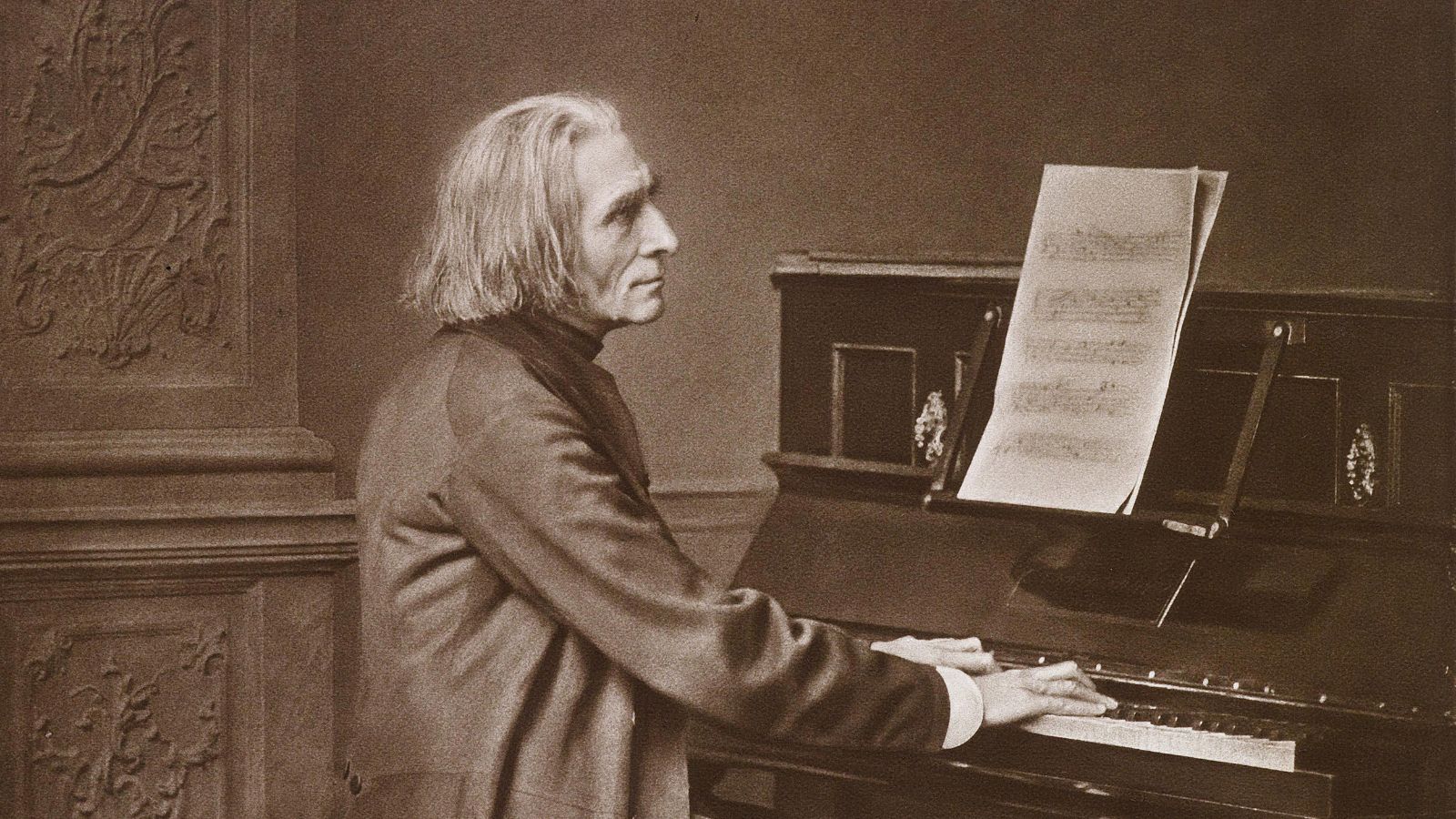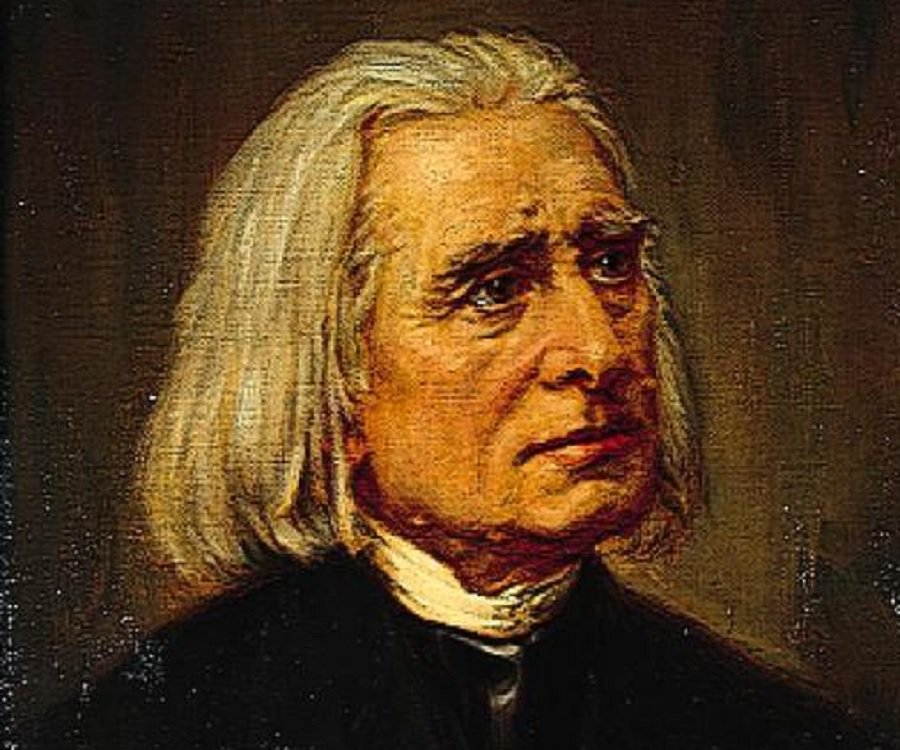


He once wrote his mother, "You know, dearest mother, how during the years of my youth, I dreamed myself incessantly into the world of the saints. His compositions for organ are lauded and well-established in the organ repertoire.įrom his earliest years, Liszt expressed a deep devotion to the Almighty and desired to enter the priesthood rather than pursue a career in music. Liszt was himself a composer of lieder and choral music, of symphonic poems and other orchestral works.

Many of his piano compositions are among the most technically challenging in the repertoire. He also made many piano transcriptions of operas, famous symphonies, Paganini Caprices (some of the most demanding works of the violin repertoire), and Schubert Lieder. Many of his piano compositions have entered the standard repertoire, including the Hungarian Rhapsodies, his Annees de Pelerinage, his Piano Sonata in B minor, and two piano concertos. He also contributed to the Beethoven memorial fund. His great generosity with both time and money benefited many people: victims of disasters, orphans and the many students he taught for free. He is credited with inventing the modern piano recital, where his virtuosity won him approval by composers and performers alike. Liszt studied and played at Vienna and Paris and for most of his early adulthood toured throughout Europe giving concerts.


 0 kommentar(er)
0 kommentar(er)
